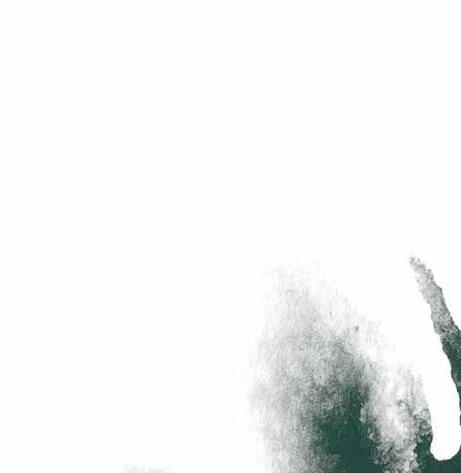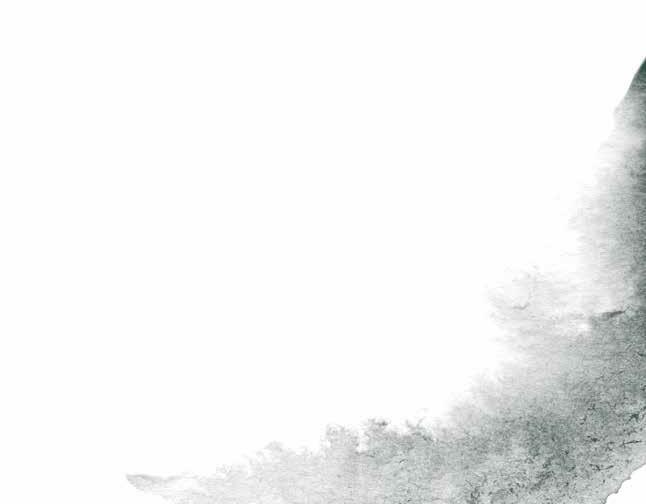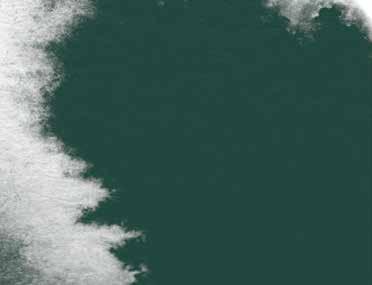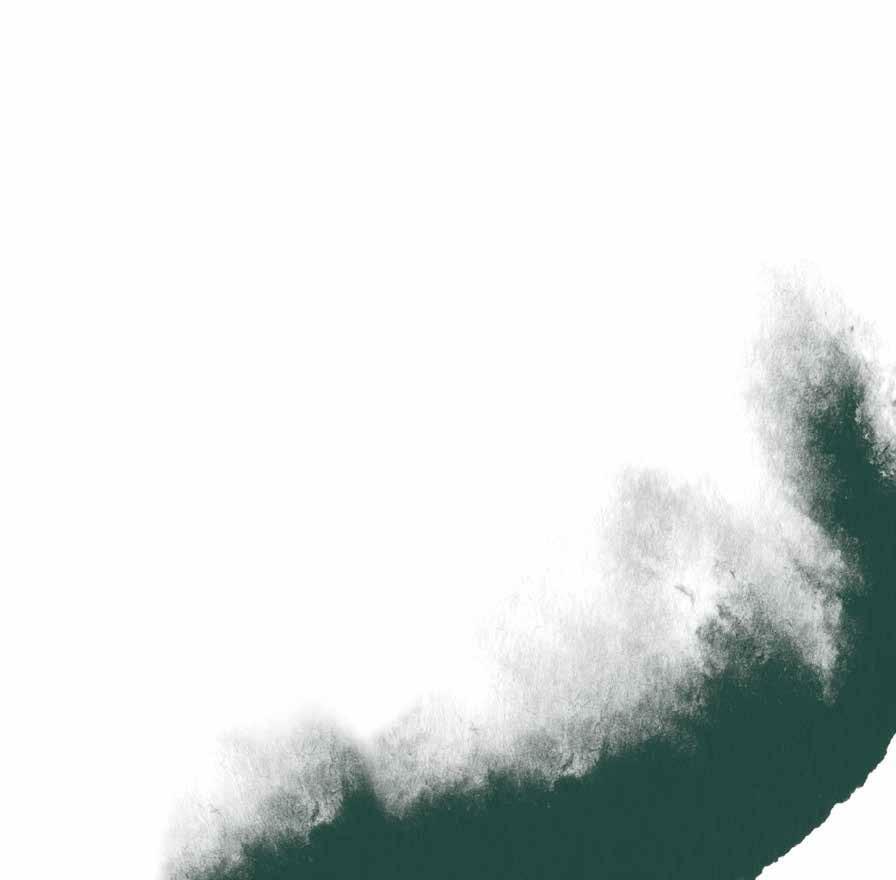
13 minute read
Financial review
1. Summary
The net income for the year, including investment gains and losses, was £2,659,000 (2020/21: £2,101,000 net income).
Advertisement
During the financial year 2021/22 we have completed the Reimagining Wordsworth project and seen the ongoing impact of the Covid-19 pandemic. The visitor operations, including Dove Cottage, the Museum and the Café, opened in May 2021, initially at reduced capacity. The number of overseas groups visiting the Lake District has reduced, which impacted our visitor numbers in 2021/22 and continues to do so in to 2022/23. Whilst we have had a lot of good publicity, especially in relation to the loan of the ‘I wandered lonely as a Cloud’ manuscript from the British Library through the ‘Treasures on Tour’ programme, there is still a stark contrast between the current situation and our expectations for the celebrations surrounding Wordsworth’s 250th anniversary and the growth of visitor numbers and revenue. Once again, we have been supported generously to help us survive the Covid-19 crisis, resulting in a more positive outcome for 2021/22 than we could have anticipated. However, the outlook for 2022/23 is difficult.
The impact of the Reimagining Wordsworth project can be seen in a number of areas in the financial statements. The delivery phase started in May 2018 (after our bid to the National Lottery Heritage Fund was approved) and it continued until spring 2021. The National Lottery Heritage Fund originally supported the project with a grant of £4.1m; this was increased by £384,000 in 2021/22. We made our final grant claim in 2021/22, and the full amount of the grant has been drawn down. The remaining funding came from the Government, foundations and individual supporters.
During the year, expenditure on the delivery phase was £630,000 (2020/21: £1,577,000). £531,000 of this has been capitalised (2020/21: £1,529,000); the balance was treated as expenditure. At the end of the year, the capitalised items have been analysed between ‘Other freehold property’ and ‘fixtures, fittings and equipment’, and have been transferred out of ‘Assets under construction’. Grant income received from the National Lottery Heritage Fund amounted to £430,000 (2020/21: £1,192,000). The only other grant income for the project that had been pledged in previous years but was received in 2021/22 was the final £50,000 from the Northern Cultural Regeneration Fund grant of £495,000.
Salary costs for the year amounted to £820,000 (2020/21: £775,000). There was a 2% pay award for all staff excluding the Senior Management Team in April 2021 and the implementation of the increase to the national minimum wage. Members of the Senior Management Team received a back dated pay award of 3% in February 2022 which covers the period April 2020–March 2023.
Income from admissions was £196,000 (2020/21: £32,000). Though much improved on 2020/21, this still reflects the impact of reduced visitor numbers because of the pandemic. When the site reopened in May 2021, we were working on limited capacity and had a smaller market. There have been very few overseas groups and only limited numbers of UK group tours since the start of the pandemic, and this continues into 2022/23. Whilst trading conditions are improving, the continued reduction in group visitors, reduced numbers of UK visitors to the Lake District as people start to holiday abroad again, and the potential impact of cost-of-living increases will make 2022/23 another challenging year.
We have been supported very generously in 2021/22 by the Government, through the Arts Council Culture Recovery Fund and in small business grants from South Lakeland District Council specifically to support our operations through the pandemic.
The National Portfolio Organisation grant that we receive from Arts Council England as part of the Cumbria Museum Consortium was renewed with effect from 1 April 2018 for four years; it is now running to 31 March 2023, and extension year having been granted as part of the Arts Council’s Covid-19 recovery measures.
Expenditure against other restricted funds includes depreciation of £46,000 on the Jerwood Centre and £170,000 on Reimagining Wordsworth assets. As Reimagining Wordsworth affected property that had previously been redeveloped, the residual value of that earlier redevelopment has been written off in the accounts. This amounts to £310,000.
Trading conditions for the trading subsidiary, Dove Cottage Promotions Ltd (DCP), have also been severely impacted by reduced visitor numbers throughout the year. The Café is now fully operational but it is difficult to recruit staff and it is therefore without a manager. This has impacted both the range of the offer and the margins as most products have had to be bought in. Our retail operation restarted when the Museum opened in May 2021, and whilst trading is good given the current number of visitors, retail needs that extra input of customers to flourish. As a consequence, the loss for the year is £31,000 (2020/21: £41,000). In 2021/22, £9,000 was received as a result of a business interruption claim for loss of trading due to the impact of flooding.
2. Investments
We own several properties in Town End, Grasmere in the vicinity of Dove Cottage as investment assets, and the rental income is an important source of revenue. The capital appreciation on the properties helps sustain our long-term financial security. The properties are let to a mix of staff and third parties, and rents are assessed against market rates. One property is a guesthouse, and is let on a commercial lease. Rental income of £72,000 in the year (2020/21: £73,000) was lower because we have one vacant property that is awaiting refurbishment and because fewer staff members and interns lived in the licensed accommodation during 2021/22. We expect rental income to increase again in 2022/23. Investment properties were revalued at the end of the financial year, resulting in an increase in value of £1,570,000. We accept this valuation as reflecting the current market, but we are aware that a change in the economic climate could result in a reduction in these valuations.
Five discrete investment funds are managed by Cazenove Capital Management (the wealth management arm of Schroder plc): the Development Fund; the RS Woof Memorial Fund, which permanently endows the post of the Robert Woof Director; the Catalyst Endowment Fund; and the Reserve Fund, which is held in the balance sheet under cash at bank. A fifth fund has been added to the portfolio following the donation from the John R. Murray Charitable Trust. There are no ethical restrictions on any of the funds under management, but we have agreed a statement on environmental, social and governance issues in investing.
The Development Fund comprises both a permanent endowment and a designated element. Due to the restrictions placed upon the entire Development Fund by the donor of the endowment element, both components of the fund must be treated as permanent endowment. The fund overall is invested on a total return basis, and the managers have investment discretion to meet a target total return of CPI +2%. In June 2020, as part of our reaction to the Covid crisis, we agreed in principle with the donor of the endowment element that some of the restrictions could be lifted. This allows some of the Development Fund to be used to support us through the current challenging period.
Trustees plan to allocate at least £50,000 per year on a regular basis from the entire fund to income in order to aid planning within the organisation. In 2021/22, they decided to allocate £16,250 per quarter. In making this allocation Trustees have sought the opinion of the investment manager and considered the impact on both current and future beneficiaries. On 31 March 2022, the unapplied total return amounted to £541,000 (31 March 2021: £425,000) in the Endowment Development Fund and £324,000 (31 March 2021: £259,000) in the designated element of the Fund. Over the year, the FTSE-100 Total Return Index has risen 16.1%. The Development Fund generated a total return of 9.2% against a target of 9% (CPI + 2% for the year to 31 March 2022) and a benchmark of 7.8%.
Part of the Development Fund is invested in a responsible multi-asset fund and £100,000 was invested in 2020/21. This generated a return in the year of 8.9%.
The Catalyst Endowment Fund is invested with a prudent approach to risk, to maximise income consistent with maintaining the real value of the capital. There has been a slight shift in this approach since 2020/21 towards increasing the capital value. It has a higher requirement for income than the Development Fund, being set at 3.5%. The Fund saw an increase in value of £60,207 over the year, and it generated a return of 9.6%. In 2020/21, Arts Council England agreed in principle to allow us to access the funding they provided for the Catalyst Endowment Fund to support us through the Covid crisis, on condition that we plan to reinvest the money in the future. We have not made use of this agreement in principle.
The purpose of the R.S. Woof Memorial Fund is to endow the position of the Robert Woof Director. To this end, the objective of the fund is to maximise income while maintaining the capital value. It has a more defensive mandate, but over the year it saw an increase of £18,819 in capital value while generating a return of 10.9%.
The new fund, the Property Improvement Fund, has been set up with the donation from the John R. Murray Charitable Trust. The donation was being held in the Reserve Fund as of 31 March 2022, but it has since been transferred. The initial split will be 30% in cash and 70% in investments with a medium-term outlook.
All our fixed asset investments are managed for the longer term, and Trustees remain confident that the long-term outlook remains favourable even though the short-term outlook is uncertain. The capital values of investments have increased over the year, but as stock markets are still volatile there has been a fall in values since the end of March.
The Reserve Fund investment is held as cash and is effectively money held on deposit, representing cash reserves and money received in advance to support the Reimagining Wordsworth project. During 2021/22, £150,000 was needed from this fund to support our cash requirements. As this fund is held in cash, the return over the year was less than 0.1%.
The results of our trading subsidiary, Dove Cottage Promotions Limited, which runs a book and gift shop and a café, are summarised in note 5 to the full accounts. There was a trading loss of £31,000 in the year (2020/21: £41,000 loss) due to the reduced number of visitors on site and restrictions on capacity when we reopened. Margins however were comparable to previous years. The company has not made a Gift Aid payment to the Wordsworth Trust for this year (2020/21: Nil). 3. Reserves
We maintain reserves to enable us to fulfil our charitable remit by providing for business continuity, security for our collection and the maintenance of our properties in circumstances where our revenue requirements may not be covered by short-term income. The reserves are managed to offer the best return for the Wordsworth Trust while remaining relatively liquid to meet our needs.
We periodically review our reserves policy as part of the risk management process, and we have identified several main reasons for holding reserves:
• to allow the financing of a controlled reduction in expenditure should extraordinary events beyond our control generate a long-term reduction in income streams.
• to provide short-term support in circumstances where a temporary interruption to income means it is not appropriate to lose the skills and knowledge of the staff team or to curtail our programme of events.
• to accommodate the fact that many of our major events such as exhibitions and conferences are planned, and therefore expenditure is committed, months, if not years, in advance while income from these events in terms of admissions is not received until after the event opening. This misalignment of income and expenditure is a main consideration in determining an adequate level of reserves.
• To provide support during the redevelopment of any part of the site that could lead to a loss in income.
The level of reserves therefore varies depending on the specific circumstances and cannot be expressed as an exact figure. However, after taking all of these factors into consideration, we believe that a free reserve (funds not tied to fixed assets, designated or restricted funds) of relatively liquid assets equivalent to the external income required to fund between three and six months’ budgeted expenditure is appropriate. At the end of the year, our total funds are £22,351,000. Of this, £2,950,000 are endowment funds and £6,989,000 are restricted funds which are not available for our general purposes. The Designated Development Fund of £1,038,000 must be treated as permanent endowment under the terms of the Endowment Development Fund (this is described in note 17 to the full accounts). Of the other four designated funds, the Collection Assets Fund (£3,767,000) represents our heritage assets and cannot be realised with the sale of the collection, and the designated Warren Collection Fund of £59,000 is held as cash or near cash and is available to spend at any time on the acquisition of heritage assets. The Property Improvement Fund has been created with £700,000 from the donation from the John R. Murray Charitable Trust. Investment properties held in the unrestricted funds totalled a further £6,190,000. To purchase investment properties and fixed assets and to provide working capital, Trustees had taken out a long-term interest-only loan of £1,000,000. This loan was refinanced in January 2020 to a repayment loan with a term of five years and a repayment profile of 15 years. The amount outstanding on 31 March 2022 was £963,000 (31 March 2021: £1,000,000).
We have reviewed the way that we calculate free reserves in line with Charity Commission guidance (including reflecting an allocation of the tangible fixed assets and investment properties that we hold). We consider period-end free reserves to be £412,000 (2020/21: £177,000). We believe three to six months’ budgeted expenditure to be an acceptable measure for the level of our free reserves. Based on the year 2021/22, three months’ expenditure would be around £332,000.
We anticipated that reserves would fall to zero or into a negative position during the Reimagining Wordsworth, which they did at the end of 2019/20. In 2020/21, the free reserves increased due to the amount of unrestricted funding that we received to help us deal with the pressures of the pandemic. In 2021/22, we received the John R. Murray Charitable Trust’s donation, £300,000 of which has been applied to general reserves. This explains how, in a challenging year operationally, we have managed to build the free reserves. This level of reserves will provide a buffer as 2022/23 is set to be another extremely challenging year financially for the Wordsworth Trust.
4. Fundraising

The activities reported here are only achieved with the generous financial support of many institutions and individuals, and fundraising is an ongoing activity. We currently employ 1.5 FTE fundraising staff members, and our fundraising costs also reflect the Director’s involvement in the effort.
Fundraising activity is overseen by the Development Manager, a member of the Senior Management Team, who reports quarterly to Trustees.
We are registered with the Fundraising Regulator, and we give due consideration to its codes of practice, including the general principles of fairness, respect and being sensitive to people who may be in vulnerable circumstances. Our Donations Policy explains how we take ethical considerations into account when soliciting and accepting donations. It is published on our website, as are our Feedback Policy and our Privacy Notice, which explain how we would respond to any complaints about our fundraising. We did not receive any such complaints, nor did we use any fundraising consultants or agencies, during the year.
Where the money came from
79%
Grants and donations
6%

Property rents & financial investments

How it was spent

23%

Custodianship
11%
Ticket & shop sales
4%
Other
56%
Access and learning

21%

Cost of generating funds







